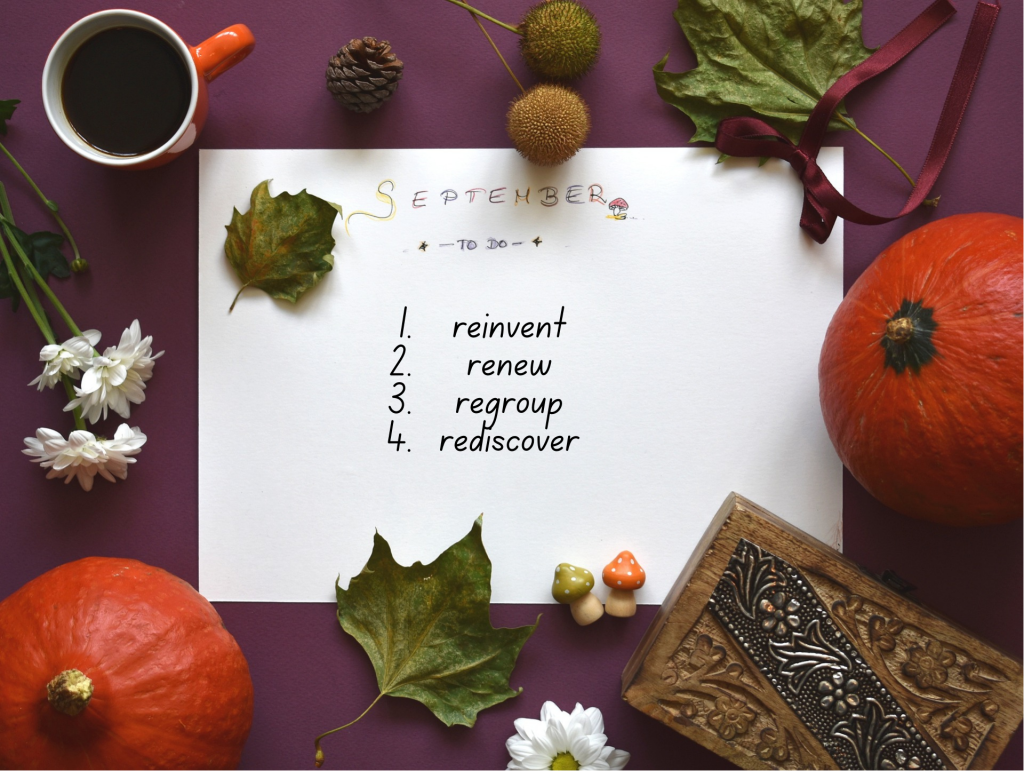Get back on the horse. Can you overcome learned fears?
Traditionally, if your horse ‘bucks’ and throws you, the advice is to just remount immediately before you have a chance to overthink it.
The phrase ‘get back on the horse‘ has even come to be a general term for those occasions where you have a bad experience that puts you off an activity. The lesson is supposed to be, when things go wrong, try again and face your fears.
Is it even possible to get back on the horse?
Recently I helped a client, literally, achieve just that.
Pauline was in her 30s and had been riding since she was 8 years old. She was an experienced rider and even worked at a stables. Over the years she had had a number of accidents involving riding. These accidents had all sorts of causes, from the temperament of the horse, to the behaviour of other people and their dogs.
Fairly recently she had broken her leg whilst riding her own horse. The animal was quite strong-headed and had thrown her during a ride. Pauline had decided to sell that horse and buy an gentler animal, one she very much liked.
Imagine her disappointment to discover that whenever she set herself to ride this new animal she would experience strong physical symptoms – sweating, dizziness and a real sense of fear. She often found that she couldn’t get back on the horse. She couldn’t understand where this was coming from and was angry with herself and so frustrated that she was thinking of giving up riding altogether. She was suffering from a form equinophobia.
This is such a common pattern. For anyone going through the experience of being fearful of a once enjoyable activity, be it driving a car, riding a bike, swimming or even playing cricket. Sometimes it is not even obvious what the trigger was. For Pauline, she had experienced numerous accidents previously. Why did that one in particular seem to lead to this phobia?
Discussing it in more depth, we found that she was also going through a break-up with her partner around that time, which was causing her additional stress. It is likely that the combination of these two pressures led to her unconscious mind feeling the need to protect her.
Clearing the hurdles
The nature of Pauline’s problem seemed to warrant a ‘Fast Phobia’ NLP technique that is well-known to often release equinophobia, or any other kind of phobia very quickly and naturally. Over the period of her second session with me we worked on reframing the negative experience until she found that she could no longer recreate the experience of anxiety and fear. Pauline now rides her favourite horse without any problems at all.
The same principles that caused Pauline’s phobic reactions govern a wide range of fears in other life situations – public speaking, returning to dating after a breakup, and many more.
We all have our own horse to get back on.
Taking the Reins
The most frequent problem I see that prevents people from resolving issues, is the assumption that it will be difficult or even impossible to achieve. Some people believe that the only way to overcome this kind of thing is to keep facing the fear until you have got over it. Get back on the horse as many times as it takes to get used to it.
It’s true that one technique that therapists may recommend is ‘exposure therapy’ where the client repeats the experience in a controlled environment until they are desensitised.
I’m not a fan of this approach, though I’m sure it works for some.
A more constructive approach would be to take a ‘step by step’ approach to gradually overcoming the problem – in the driving example it might involve just sitting in the driver’s seat without any intention of starting the car. I have known this process help with people in the past.
You can enlist the support and encouragement of others – but make sure they do this in the right way. Don’t let them take over so that you don’t have to do the activity at all – that will only increase your reluctance, make you dependent and have less control.
Also don’t let them tell you it’s easy, or there’s nothing to worry about. That’s not going to sit well with your unconsious mind. A better approach is to remind you of your resourcefulness and that ‘you can do it’. Or simply to be there and listen to what you are feeling.
Beyond this there are a range of approaches that can be helpful, and there are many experts out there – in NLP, Timeline Therapy, CBT, Psychotherapy and EMDR for example.
So don’t allow fear to dictate your life, and get help if you need it. In no time you’ll be champing at the bit to get started.


